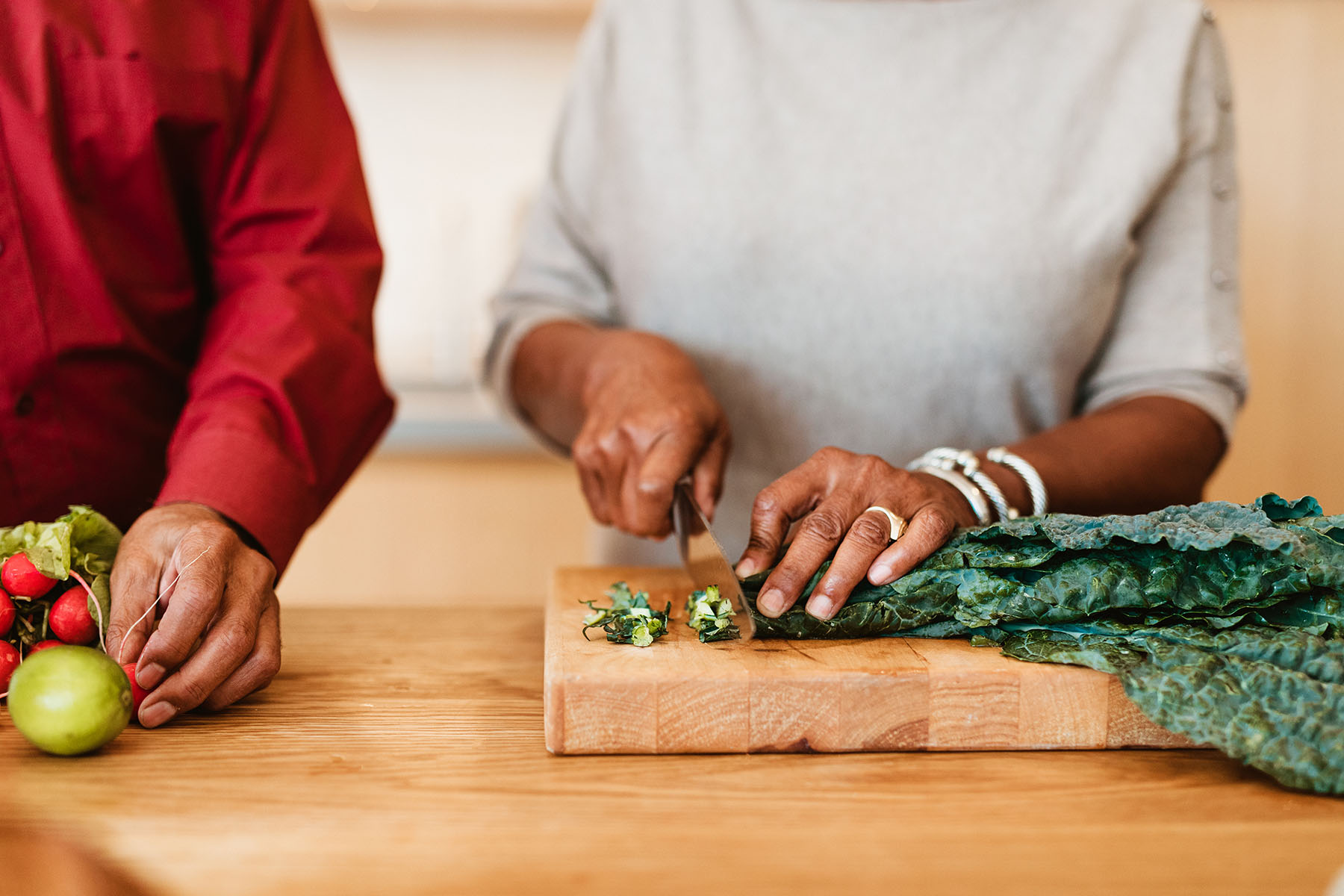How Does Your Immune System Work?

In the fraught era of COVID-19, we’ve heard a lot about the immune system.
That’s because this complex interconnected network helps us fight illness. Led by platoons of soldiering cells, it’s like an army suited up for the toughest— and most dangerous — battles in our bodies. When working properly, as it usually does, it conquers viruses, parasites, bacteria, and other germs while also protecting healthy tissue. Understanding how it works and why some people recover and others die from the same illness have become essential to the fight against the pandemic.
“The immune system is like a family that works together to prevent us from getting sick,” says Gary I. Kleiner, M.D. an immunologist with the University of Miami Health System. “And when it detects [a pathogen], whether it’s a virus or a bacterium or something else, the immune system handles it and sounds off the alarm.”
To understand how this family fights, let’s introduce its marquee members.
Probably the best-known stars are the white blood cells, also called leukocytes. While circulating in the blood and lymphatic vessels (which run along our veins and arteries), they patrol our bodies in search of potential pathogens. When they detect the enemy, they notify their brothers-in-arms. At the same time, they begin to multiply in order to battle the intruders.
There are two types of leukocytes.
The first squadron, called phagocytes, attacks the intruders by breaking them down and eating them. They’re quite efficient, too, dividing the job among different specialists. In short, these warriors patrol, kill, and even remove the wounded and the dead. But most important of all: they’re able to recognize old intruders if they dare to return.
The second squadron is known as lymphocytes. These are highly specialized fighters. The B lymphocytes make antibodies (more on this later) and signal the T lymphocytes. The T cells kill off the compromised body cells the pathogen has taken as hostage.
On an even playing field, the war against intruders is a coordinated effort. The immune system — like the National Guard — is activated when the body notices a foreign substance, known as an antigen. This detection triggers several processes, from immune cells calling up back up cells to the destruction of invaders to the storage of valuable information to ward off future invasion.
But the immune system doesn’t always work the way it should.
Sometimes the pathogen can be particularly tricky. “Germs and viruses are very smart,” explains Dr. Kleiner. “They figure out ways to sneak into our bodies, and they can also change over time.”
While we usually develop immunity to a disease we’ve already contracted or been inoculated against — think chickenpox or measles — scientists haven’t untangled all the mysteries of immunity. For example, doctors don’t know if patients who have recovered from COVID-19 will have long-term immunity or if they can fall ill again to the virus. Also, researchers don’t completely understand why people react so differently to the novel coronavirus, with some displaying no symptom and others ending up on ventilators.
“We just don’t know a lot about this yet,” Dr. Kleiner adds. “We suspect there’s some genetic reason why some people develop an enhanced inflammatory response to the virus, and others don’t.”
He likens this enhanced inflammatory response to “the jittery person who jumps at a sound while the more stoic person won’t even be bothered.”
Experts are also trying to figure out why the overwhelming majority of children have such a mild reaction to the coronavirus. Some speculate they may not have the same aggressive immune response – or what is called the cytokine storm — as adults do because their immune system is still immature. This aggressive reaction is what many believe damages the lungs and makes breathing difficult.
Though information remains sketchy this early in the pandemic, Dr. Kleiner does offer this:
You can stack the deck in your favor by doing certain things to protect and strengthen your immune system.
Dr. Kleiner
Here are his suggestions:
- Follow the general recommendations of staying home, washing your hands, not touching your face, and avoiding contact with people who are ill.
- Keep underlying conditions under control, including heart and pulmonary disease, diabetes, and autoimmune deficiencies. Take your medications and stay in touch with your doctor.
- Eat a balanced diet. Pack your meals with fruits and vegetables in a rainbow of colors. Plants contain a lot of the nutrients your body needs to fight off infections.
- Get plenty of Z’s. When you sleep, your body actually releases cytokines, a protein that helps the immune system.
- Limit stress, as it can make you more susceptible to getting sick. Practice self-care. Be kind to yourself and to others.
- During this time, in particular, “limit your exposure to media,” Dr. Kleiner suggests. “It’s okay to keep abreast of what’s happening, but non-stop watching can make you anxious.”
- Stop smoking — and this means vaping, too. Nicotine compromises your immune system.
- Exercise. Regular aerobic exercise helps the body use and deliver oxygen. It also boosts the immune system by tamping down the stress hormones.

Ana Veciana-Suarez, Guest Columnist
Ana is a regular contributor to the University of Miami Health System. She is a renowned journalist and author, who has worked at The Miami Herald, The Miami News, and The Palm Beach Post. Visit her website at anavecianasuarez.com or follow @AnaVeciana on Twitter.
Tags: coronavirus, COVID-19, immune system, infectious disease
